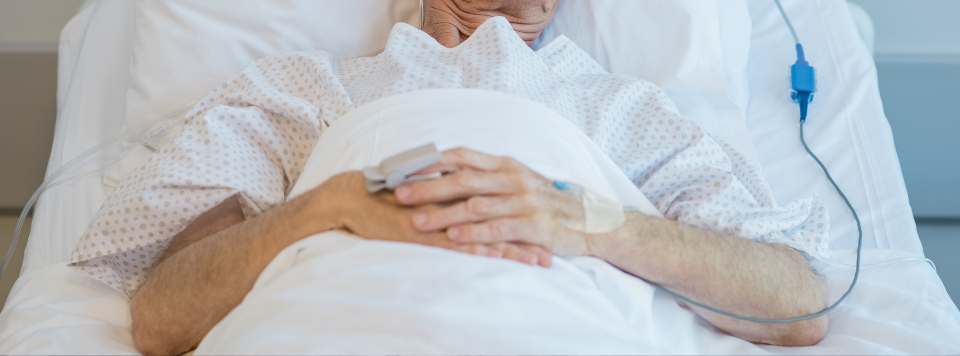
Workplace Violence: Mitigation and Coping
When the healthcare community discusses workplace violence, we primarily focus on ways to reduce or completely eliminate the issue. But we continue to neglect those who have already been victimized.
Earlier this year, our team at the University of Washington completed a study on successful coping strategies for healthcare providers who have been the victims of workplace violence—often at the hands of the patients they’re treating. The research uncovered actionable ways healthcare organizations can support their staff to mitigate the long-term effects of workplace violence on individuals’ psyches.
Many of the healthcare workers in the study—nurses, physicians, and hospital security teams—felt that workplace violence was an inevitable and unpreventable part of the job. Our work reinforces the fact that this mentality and exposure to violence can cause deep and lasting effects—including burnout.
Burnout happens when people experience a lack of control or feel unable to affect their surroundings, and is characterized by emotional exhaustion, depersonalization, and a diminished sense of personal accomplishment. Left unaddressed, it decreases physical and emotional health and can lead to increases in errors and high staff turnover.
Variability in how workers respond to and internalize violent events affects the long-term impact of these incidents. While initial reactions to violence are often affected by prior experiences, the actions (or lack thereof) taken afterward can be learned.
Empathy, as well as the ability to step outside the situation, can be helpful in enabling individuals to cope and heal. Those who work to process their experience are able to move beyond reacting to the situation and respond to the bigger picture. Thoughts of “Why me?” turn to “What is this a symptom of?” and facilitate better care for the patient and healthier emotional thought processes for the caregiver. This empathy is especially important for nurses who may have to continue caring for the same patient over a long shift after the patient has verbally or physically assaulted them.
Perhaps the most encouraging aspect of our results is that these coping mechanisms are not a characteristic of someone’s personality.
Initial actions should be offering counseling and training for hospital staff and making sure that someone knowledgeable with this training is available on-site 24/7. Training staff to participate in peer-to-peer debriefings opens up support for those who work nontraditional hours—which is when these incidents of violence are most likely to occur.
Of the participants surveyed, many wanted more understanding from the administration about the potential for these events. Many incidents occur on weekends, evenings, and holidays—times when administrative leaders are not on-site—so the immediate impact of violence often goes unseen. Administrative presence during nonbusiness hours in patient care areas may improve hospitals’ recognition of and support for employees who are experiencing violence on medicine’s front lines.
Ideally, patients, healthcare workers, and communities should never have to tolerate violence in healthcare settings. Our study demonstrated one tool perceived as important to decreasing violence: the ability to predict potentially violent encounters. Better access to patient histories and documented behavior patterns will facilitate this goal and further our ultimate goal of “getting to zero.”
However, sitting and waiting for that day is not an option. Healthcare workers remain vulnerable to daily violence in hospitals and emergency departments across the country, and it is imperative to act now. As we continue to identify avenues for coaching and assisting our staff and work to mitigate the problem, we will keep them moving forward and open doors for more than just positive coping. We will help them find meaningful healing.








